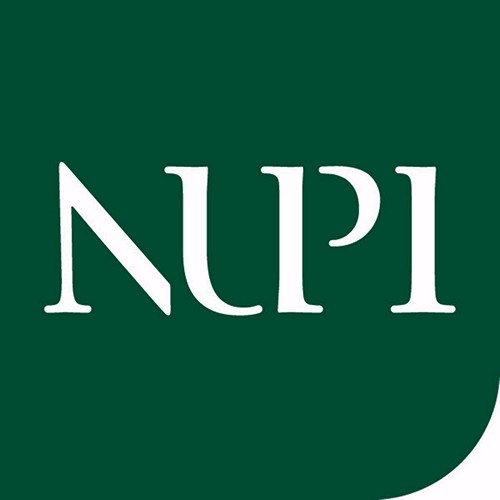
An insightful new policy paper co-authored by RSC Analyst Mikayel Zolyan offered a fresh look at the Nagorno-Karabakh conflict and provided several important new policy recommendations. Written with the support of the Oslo-based Norwegian Institute of International Affairs (NUPI) and co-authored by Artak Ayunts, Mikayel Zolyan and Tigran Zakaryan, the policy paper will be published as a peer-reviewed academic article, and is a product of several months of collaborative desk research, expert interviews and focus group discussions conducted in the Spring and Summer 2014 in Armenia.
.The Policy Paper notes that “non-democratic political regimes in Armenia and Azerbaijan do not have strong incentives of changing the current no-war-no-peace situation. The status quo helps the political elites to maintain their grip on power, while the political risks associated with altering the status quo are too high.
At the same time the ruling elites do not have incentives to aim for a military resolution of the conflict (at least in the short run), since that would also be connected with serious risks and uncertain rewards. However, there still remains a possibility for escalation, due to the situation of mutual mistrust and attempts to use incidents on the border to advance the interests of one side or the other.
In a situation, when the political elites have few incentives to advance the agenda of peaceful resolution, it falls to the civil society to undertake initiatives aimed at reducing enmity and building prerequisites of peace between the sides of the conflict through conflict transformation mechanisms.”
Several of the key policy recommendations from the Policy Paper on Prospects for Nagorny Karabakh Conflict Transformation include:
To the Governments: to tone down militant rhetoric and distance themselves from propaganda of hatred in the media against the countries of the conflict. While such rhetoric/propaganda may bring short-term benefits to the authorities, in the long run they lead to entrenched enmity and thus contribute to the risks of destabilization, raising potential risks of conflict escalation, which may be detrimental not only for the societies, but also for the political elites.
To the local peace-building actors: to clearly formulate and set the agenda of Track Two peace-building activities widening the scope of people potentially willing to promote peaceful transformation of conflict and deepening the frames of activities aimed at tackling sensitive issues of compromises and future coexistence among conflicting societies.
To the international organizations/mediators: to promote civil society contacts and Track-Two diplomacy efforts focusing on conflict transformation initiatives aimed at long-term impact through educational, research and training programs as well as dialogue meetings bridging grassroots and medium-level actors across conflict divide, even in spite of the potential resistance of the governments involved. In cases of crackdown against civil society activists, to use the available means to influence the behavior of governments, in order to relieve the pressure on the participants of civil society dialogue efforts.
To the international donors: to continue support of Track Two initiatives, particularly engaging actors from Nagorny Karabakh. Such assistance should not be stopped even in those cases, when the governments create obstacles to this dialogue such as persecution of civil society figures, tightening financial control, etc. However, the dialogue programs should and can be modified in order to protect their participants including reducing the public profile of such dialogue and creating new, regional platforms for Armenian-Azerbaijani dialogues as part of the regional South Caucasus initiatives.

